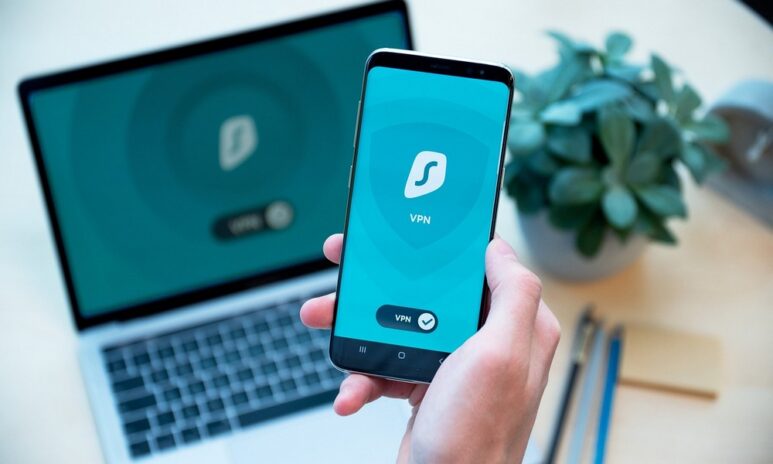iOS or Android: which platform to choose for development
In the mobile application industry, iOS and Android are the unquestionable leaders. These operating systems now account for over 80% of all mobile devices.
It is not surprising that the overwhelming majority of customers choose one of these systems or order two native products simultaneously. But which platform is best for your business?
Target Audience Location
If you don’t yet know which platform to choose for developing a mobile app, the first thing to do is to analyze the markets of which countries or regions you plan to enter with the app. In Japan, North America, some Western European countries, including Great Britain, a large part of the population uses the products of Apple corporation. If you plan to focus your attention on these regions, it is worth thinking about developing an iOS application to reach a larger audience. But users in Central and Eastern Europe, Asia, South America, and Africa overwhelmingly use Android devices.
Monetization
Almost any application can be considered as an effective tool for making money. Therefore, before choosing a specific platform, you need to decide on the monetization option. In other words, what do you want to make money on: advertising, selling products, traffic, attracting customers for your business? Apple has positioned itself, since its inception, as a manufacturer of premium segment devices for affluent customers. This strategy has borne its fruit, since the users of Apple devices on the iOS platform according to the statistics have by 4-5 times more purchasing power than Android platform users. Moreover, the owners of Apple products much more often and willingly purchase applications, as well as order additional paid features in them.
App for online stores
Many stores go beyond just “offline” sales, offering their potential customers to choose a product and make a purchase on their website or download an app for ongoing purchases. If you plan to sell products in the app, it is worth considering that in this segment, users of iOS devices are also ahead of their Android opponents. The difference is about 6% in favor of the former, because they purchase more often from their mobile devices. These differences are not so significant, but they are there, so it is worth taking them into account when choosing a platform for your future application.
The cost of app development
Developing an app doesn’t come cheap, regardless of whether it will run on iOS or Android. So what to order an app on to get the desired result at an adequate cost?
As a rule, the work of specialists in iOS is paid higher, and placing the finished product in the AppStore is more difficult and more expensive. However, due to the fact that iOS is a highly specialized operating system and works only on a line of Apple devices, it is much easier for developers to conduct tests and check the compatibility of the application. This reduces development time, and therefore reduces the cost of specialist services.
Application development for Android has its own specifics due to the large number of different devices working on this platform. The developer should adapt the application to different variants of screens and technical characteristics, perform tests and assess the quality of the product on devices from different manufacturers. Therefore, it is possible to talk about a certain parity in the pricing policy of creating applications for these platforms. The price may slightly vary depending on which studio or company you turn to.
MVP or idea testing
Not all ideas that may seem brilliant and profitable at first actually end up meeting expectations. An entrepreneur often invests a lot of money into creating an application that nobody wants, and instead of profit, brings disappointment and losses. To minimize this risk, iOS or Android app development often starts with the creation of a Minimum Viable Product. This is a kind of working version of the application, which can be installed on the device, with the implementation of only the main functions. That is, MVP is a maximally stripped-down version of the application, which helps to test the idea in real conditions and understand if it is worth continuing the development and creating a full-fledged expensive product. If users are interested in the MVP-version and the market reacts well to its appearance, you can consider the idea successful and continue to work.

